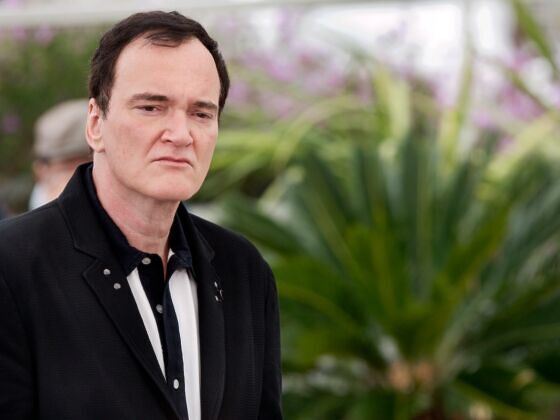DJANGO: It’s a movie I’ve been hearing about. After reading about why I should boycott it, and how some white dudes are pissed about it, and what Tarantino has to say about it, I’ve made up my mind to see it. I have hopes that doing so will be for me what Inglourious Basterds was for some of my closest friends, yet I’m wary. What will be made of a comedy about slavery viewed by audiences still living within a culture of slavery?


To make a film like Inglourious Basterds, in which the Holocaust is revised so that Hitler meets an awesome demise, at a time when no one (most people) would deny that the Holocaust a) happened, b) was terrible, and c) should never happen again or be forgotten, is pretty different than making a film about an institution which, in our culture, goes largely unacknowledged. Plus: Slavery didn’t happen and then was over; the legacy of slavery still lingers, a lot, in ways both tangible and psychological.
As Tarantino observed in Playboy:
[There] was a social-dividing issue between the extras that mirrored the ones between their slave characters in the movie. The ponies [slave call girls] were pretty, and they looked down on the extras playing cotton-picker slaves. They thought they were better than them. And the people playing the house servants looked down on the people playing the cotton pickers. And the cotton pickers thought the people playing the house servants and the ponies were stuck-up bitches. Then there was a fourth breakdown, between the darker skinned and the lighter skinned. Obviously not for everybody, and it wasn’t a gigantic problem, but it was something you noticed. They started mirroring the social situations of their characters, being on this plantation for a few weeks.
They didn’t start “mirroring the social situations” of their characters because they were on a fake plantation for a few weeks — they did that because that social situation still exists. Today. Just ask Soledad O’Brien. Or any black person.
At worst, I guess, the film could make slavery into a big joke, at a time when we haven’t even seriously acknowledged its historical and ongoing reality. At best, though, it’ll be funny and shocking and continue to threaten ignorant white bloggers. (The fact that Conservatives are pissed that fictional slave masters are being [gleefully] killed and would say that publicly…what? Seriously? It’s like this map. It’s like these weddings. It’s some Confederate nostalgia bullshit.)
Maybe it will even be cathartic in some way. Maybe it will inspire a “dialogue” about slavery, our collective amnesia, and the many ways in which slavery still informs American life. But it probably won’t; I won’t get my hopes up. [Note: This repost appeared in its original form here.]